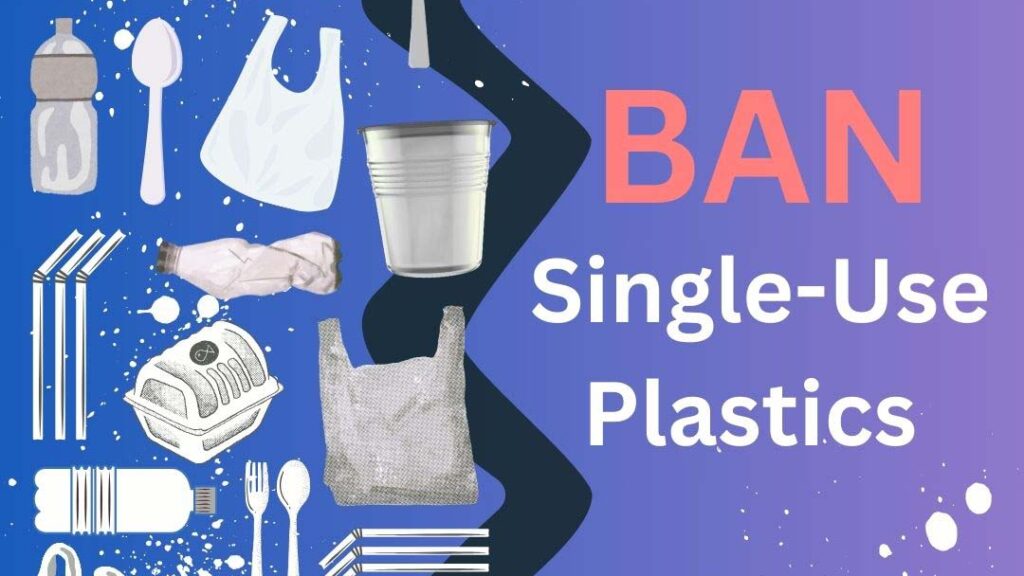Governments worldwide are taking stronger action against plastic pollution. The latest move expands the ban on single-use plastics to include utensils, plates, and food containers. This decision aims to reduce waste, protect the environment, and encourage sustainable alternatives.
Why the Ban is Expanding
Single-use plastics are a major contributor to pollution. These items are used once and then discarded, often ending up in landfills, oceans, and streets. Because they take hundreds of years to break down, they harm marine life, wildlife, and ecosystems.
Many countries have already banned plastic straws, cups, and bags. Now, they are going further by restricting disposable cutlery, plates, and takeout containers. The goal is to reduce plastic waste and push businesses and consumers to switch to eco-friendly materials.

Which Items Are Now Banned?

The expanded ban covers commonly used plastic items, including:
- Plastic forks, knives, and spoons
- Disposable plastic plates
- Plastic food containers, especially those made of polystyrene (commonly used for takeout meals)
- Plastic stirrers and straws (if not already banned)
These items are often difficult to recycle and are among the most littered plastics worldwide. The new restrictions encourage businesses and customers to choose biodegradable or reusable alternatives.

How This Affects Businesses and Consumers
Restaurants, cafes, and food delivery services will have to find alternative packaging. Some businesses are switching to compostable utensils made from wood or bamboo. Others are offering discounts for customers who bring their own reusable containers.
For consumers, this means fewer plastic items when ordering food or shopping. Many will need to carry reusable cutlery and containers when eating on the go. While it may take time to adjust, the change benefits the environment in the long run.
Global Response and Impact
Many countries have already introduced similar bans. The European Union banned several single-use plastics in 2021. Canada, India, and Australia have also taken steps to limit plastic waste. Now, more nations are following suit.
These bans have led to positive changes. In places where plastic bag bans were introduced, plastic waste has significantly decreased. Experts hope the expanded restrictions will have the same effect on plastic utensils and containers.
What’s Next?
The fight against plastic waste is far from over. Governments may introduce stricter recycling laws and encourage more businesses to develop eco-friendly solutions. Scientists are also working on new materials that break down faster and cause less harm to the planet.
For now, businesses and consumers can do their part by using reusable alternatives, supporting sustainable products, and reducing overall plastic waste. The expanded ban is just another step toward a cleaner and greener future.
Final Thoughts
The ban on single-use plastics is growing, and now it includes utensils, plates, and containers. While the transition may be challenging, it is necessary to protect the environment. Governments, businesses, and individuals must work together to reduce plastic pollution and create a more sustainable world.
Also read: UAE Companies Must Have Women on Boards by 2025—Here’s What It Means














